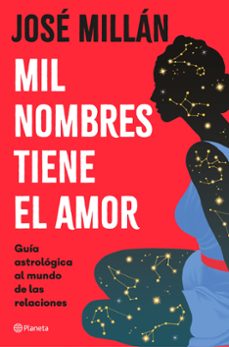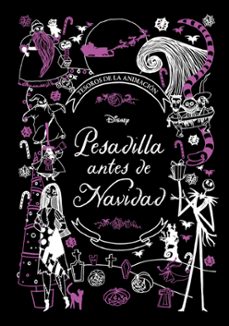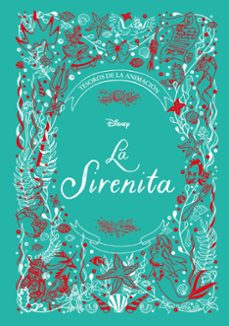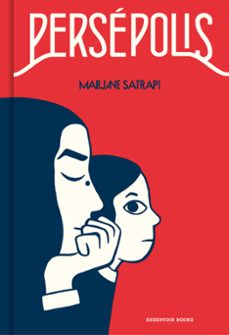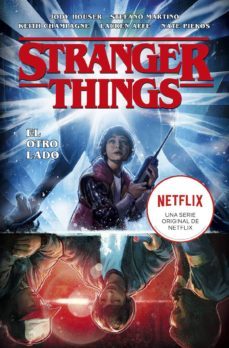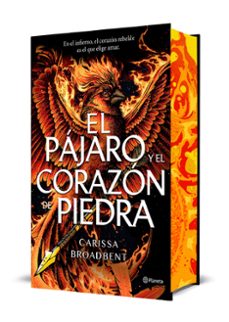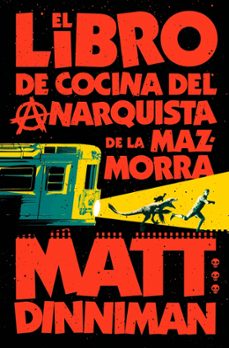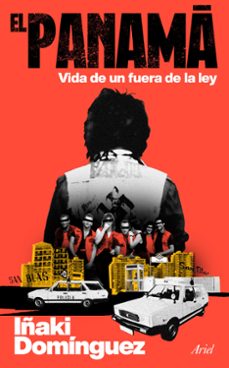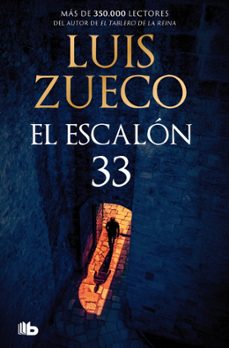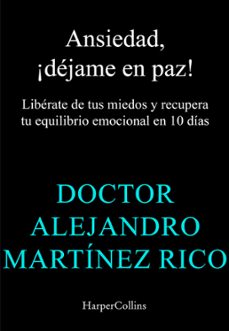📗 Libro en inglés HOW TO HAVE STUNNING IDEAS
ARROW (RANDOM)- 9780091910488
Sinopsis de HOW TO HAVE STUNNING IDEAS
Everybody wants to be creative. Creativity makes life more fun, more interesting and more full of achievement, but too many people believe that creativity is something you are born with and cannot be learned. In How to Have Creative Ideas Edward de Bono - the leading authority on creative thinking - outlines 62 different games and exercises, built around random words chosen from a list, to help encourage creativity and lateral thinking. For example, if the task were to provide an idea for a new restaurant and the random word chosen was 'cloak', ideas generated might be: a highwayman theme; a Venetian theme with gondolas; masked waiters and waitresses. Or, if asked to make a connection between the two random words 'desk' and 'shorts', readers may come up with: both are functional; desks have 'knee holes' and shorts expose the knees; traditionally they were both male-associated items. All the exercises are simple, practical and fun, and can be done by anyone.
Ficha técnica
Editorial: Arrow (Random)
ISBN: 9780091910488
Idioma: Inglés
Número de páginas: 192
Tiempo de lectura:
3h 54m
Encuadernación: Tapa blanda
Fecha de lanzamiento: 11/04/2007
Año de edición: 2007
Plaza de edición: London
Especificaciones del producto
Escrito por Edward de Bono
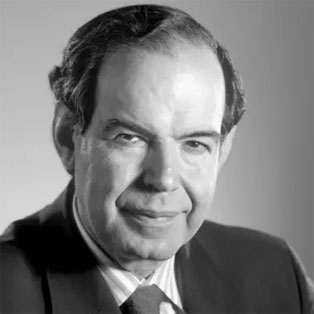
Edward De Bono (Malta, 19 de mayo de 1933 - 9 de junio de 2021) se licenció en Medicina. Posteriormente se especializó en Psicología y Fisiología en Oxford y Cambridge. Fundador y director del Cognitive Research Trust (1969) y del Centre for the pranational Independent Thinking Organization, escribió una treintena de libros y dirigió dos series de televisión. Es un prolífico escritor, psicólogo, entrenador e instructor en el tema del pensamiento y la creatividad y es el padre del concepto «pensamiento lateral», la habilidad adquirida para hacer que el pensamiento escape a la rigidez y se convierta en creativo. De Bono creó varias herramientas para mejorar las habilidades y actitudes de exploración, como el P.N.I (Positivo, Negativo, Interesante), CTF (Considerar todos los Factores) y CyS (Consecuencias y Secuelas). Muchas de ellas se basan en la premisa de que debe enseñarse a pensar explícitamente. Edward de Bono pasó más de treinta años impartiendo cursos formativos para empresas, instituciones y universidades. Es autor de 68 libros traducidos a 37 idiomas.
Descubre más sobre Edward de Bono Recibe novedades de Edward de Bono directamente en tu email
Opiniones sobre HOW TO HAVE STUNNING IDEAS
¡Sólo por opinar entras en el sorteo mensual de tres tarjetas regalo valoradas en 20€*!







